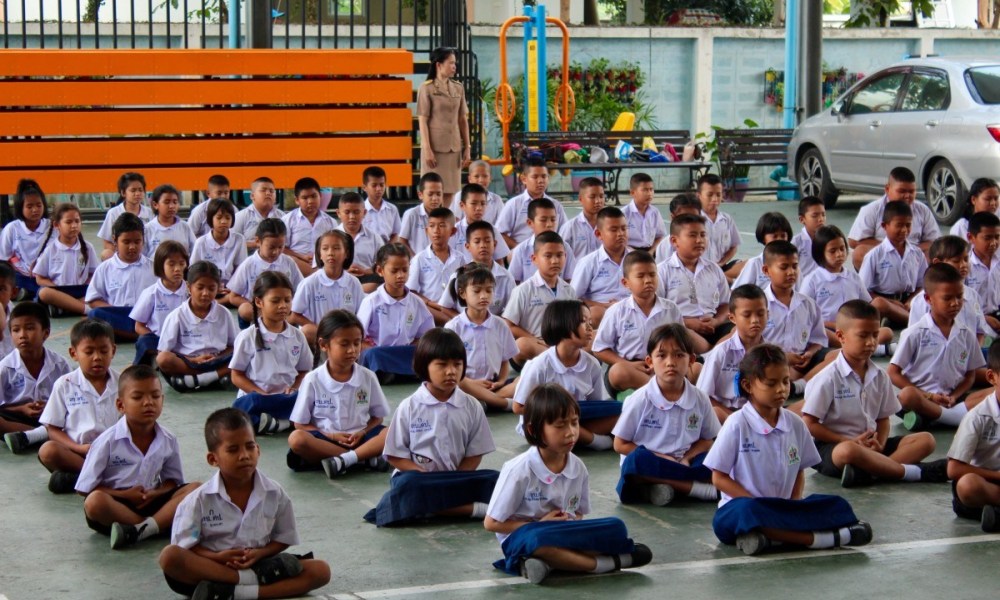Amid a global slowdown and elevated trade tensions, the Thai economy is projected to grow by 3.8 percent in 2019 and 3.9 in 2020, according to the World Bank’s Thailand Economic Monitor released today.
Investing in human capital and pursuing economic reforms is critically important for Thailand to become a high-income nation with equal opportunities for all citizens.
In 2018, despite external shocks to trade and tourism, growth of the Thai economy is estimated to have accelerated to 4.1 percent, the report says.
The Thai economy proved to be resilient in the face of strong global headwinds due to strengthening domestic demand stemming from an upswing in private consumption and private investment.
In line with trends in the global economy, a slight economic slowdown is expected in 2019. Public infrastructure spending in expected to accelerate in 2019 and pick up in 2020 as the Eastern Economic Corridor projects are being implemented.
Weaker global growth to impact Thailand’s economy
“Weaker global growth will likely impact the export performance of Thailand and restrain manufacturing activities in export-oriented industries,” said Kiatipong Ariyapruchya, World Bank Senior Economist for Thailand.
“In this context, continued implementation of public infrastructure projects and economic reforms can help catalyze domestic demand in 2019 and support medium-term growth.”
Kiatipong Ariyapruchya, World Bank Senior Economist for Thailand.
Last October, The World Bank launched the Human Capital Index, which measures the productivity level for the next generation of workers relative to their full potential if all education and health outcomes were maximized.
While Thailand scores in the upper half of the various indicators compared to ASEAN countries and other upper-middle income country peers, there remains room for improvement.
In Thailand, a child born today will reach only 60 percent of potential, in terms of productivity and lifetime income.
Unequal education challenge
Unequal education quality in Thailand is one of the biggest challenges, with poorer areas being underserved. Due to under-resourced small schools, with inadequate infrastructure and education materials, the 12.4 years of basic schooling expected for a child born today in Thailand are equivalent to just 8.6 years – a learning gap of 3.8 years.
The high burden of non-communicable diseases and road traffic injuries has negatively affected the country’s adult survival rates, which is lower than half of the average global rate.
“Sustaining the pace and quality of…
Source link : Thailand’s Human Capital Key to Long-Term Growth by World Bank
Discover more from Siam News Network
Subscribe to get the latest posts to your email.

